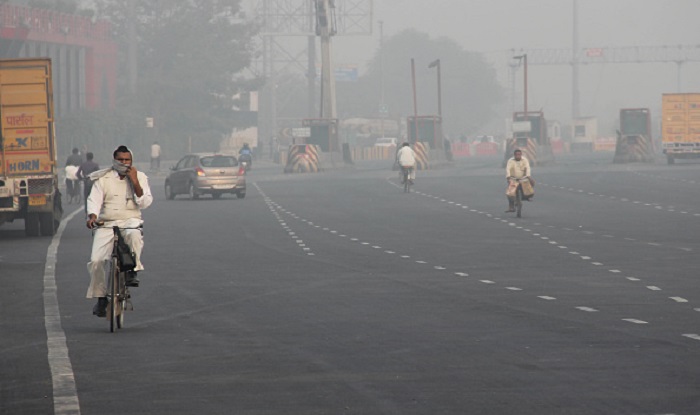BEIJING: Long-term exposure to air pollution significantly impacts cognitive abilities, leading to steep reduction in verbal and math tests scores, a study conducted in China warns.
The findings, published in the journal PNAS, imply that the indirect effect of pollution on social welfare could be much larger than previously thought, the researchers said.
“Long-term exposure to air pollution impedes cognitive performance in verbal and math tests,” said Xiaobo Zhang, a senior research fellow at the International Food Policy Research Institute (IFPRI) in the US.
“The damage on cognitive ability by air pollution also likely impedes the development of human capital,” said Zhang, who is also a professor at Peking University in China.
While the health consequences of air pollution are well known, few studies have examined its impact on cognitive abilities.
The study, with a sample size of nearly 32,000, examined the relationship between cognitive test scores and short- and long-term air pollution exposure.
Both verbal and math scores decreased with increasing cumulative air pollution exposure, with a steeper decline for verbal scores than math scores, researchers said.
The decline in verbal scores was more pronounced among males than females, they said.
Among males, the decline in verbal scores became more pronounced with age, and this age dependence was greater in those with less than a middle school education compared with a middle school education or more.
“The damage air pollution has on ageing brains likely imposes substantial health and economic cost, considering that cognitive functioning is critical for the elderly to both running daily errands and making high-stakes economic decisions,” said Zhang.
Cognitive decline or impairment are risk factors of Alzheimer’s disease and other forms of dementia for the elderly, researchers said.
The study estimated that reducing fine particulate matter concentrations to the US Environmental Protection Agency (EPA) standard of 50 microgrammes per cubic metre would increase verbal and math scores.
“These research findings on China, the largest developing country with severe air pollution, also shed light on other developing countries,” said Zhang.
World’s top 20 most polluted cities, according to the World Health Organization’s (WHO) database, are in developing countries, researchers said.
Almost all the cities in low- and middle-income countries with more than 1,00,000 residents fail to meet WHO air quality guidelines, they said. (AGENCIES)
^^^


